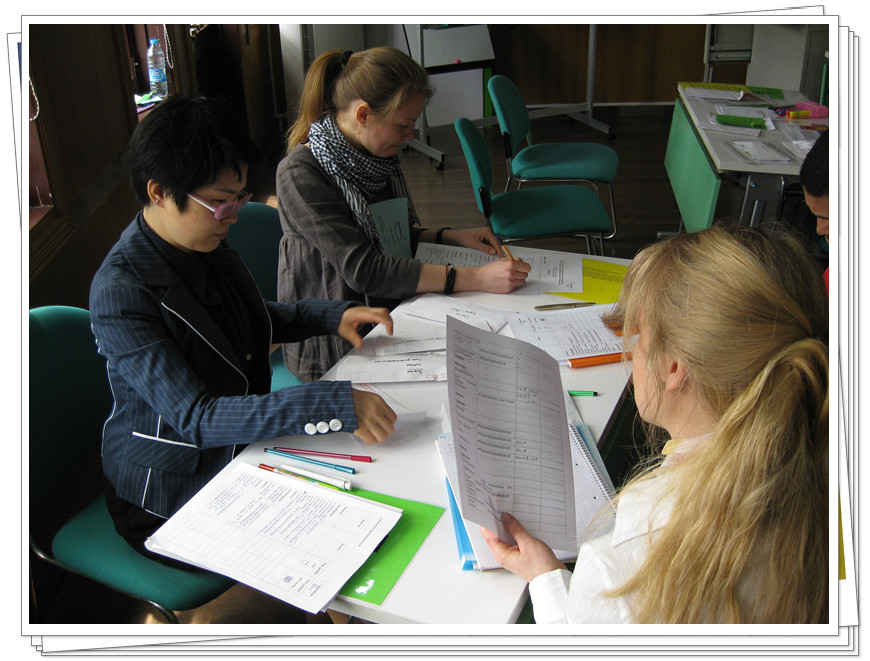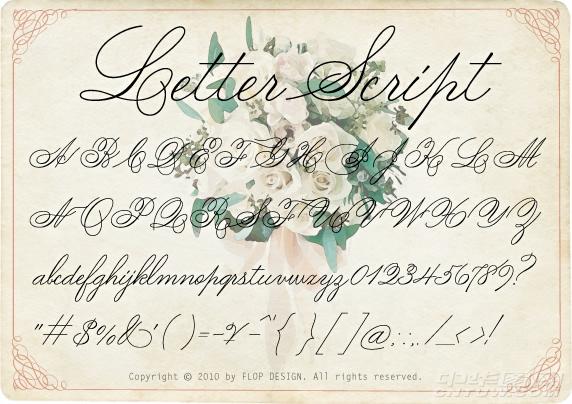 返回
教育头条
返回
教育头条

德语语法学习
德语的连词,下面跟小编一起看看另一个简单的知识点,看看连词,这些能帮我们把想说的内容串联起来、把所表达的东西变得深入或复杂的小词:
und 和、以及 and
aber 但是、不过 but
sondern 而是、相反地 but; on the contrary
oder 或 or
weil 因为 because
da 因为、由于 because; since
wenn/falls 如果、要是 when; whenever; if
dann 之后、那时 then
damals 那时 then; at that time
entweder ... oder 要么 ... 要么 ... either ... or ...
dass (接从句) that, e.g. We hear that the president is here.
ob 如果 if
再按着顺序来看看一些例句:
Ich habe eine Schwester und einen Bruder.
我有一个妹妹和一个弟弟。(亲属词与英语一样不区分长幼)
大家也许常听说到,德语中把动词放到句末的复杂状况,到了连词这里也能看得出来了,比如这上面这些连词中有的就需要这么样,把原本占句中第二位的动词推到句子—后头:
Ich glaube, dass dort ein Hotel ist.
我觉得那儿有间旅店。
I believe, there’s a hotel over there.
对比一下分句单独的形式
Dort ist ein Hotel.
那儿有间旅店。
There's a hotel over there.
(英语中从句前常常省略去的 "that" 即对应德语连词 dass)
用 da 引导

Da es regnet, bleibe ich zu Hause.
由于下雨,我待家里。
Because it’s raining I’ll stay at home.
另外常见的动词位于句末的句式,是还包含情态动词的句子:
Erst mo?chte ich fernsehen, dann ko?nnen wir spazieren gehen.
我想先看电视,之后我们可以去散步。
I’d first like to watch TV, and then we can go for a walk.
und 和、以及 and
aber 但是、不过 but
sondern 而是、相反地 but; on the contrary
oder 或 or
weil 因为 because
da 因为、由于 because; since
wenn/falls 如果、要是 when; whenever; if
dann 之后、那时 then
damals 那时 then; at that time
entweder ... oder 要么 ... 要么 ... either ... or ...
dass (接从句) that, e.g. We hear that the president is here.
ob 如果 if
再按着顺序来看看一些例句:
Ich habe eine Schwester und einen Bruder.
我有一个妹妹和一个弟弟。(亲属词与英语一样不区分长幼)
大家也许常听说到,德语中把动词放到句末的复杂状况,到了连词这里也能看得出来了,比如这上面这些连词中有的就需要这么样,把原本占句中第二位的动词推到句子—后头:
Ich glaube, dass dort ein Hotel ist.
我觉得那儿有间旅店。
I believe, there’s a hotel over there.
对比一下分句单独的形式
Dort ist ein Hotel.
那儿有间旅店。
There's a hotel over there.
(英语中从句前常常省略去的 "that" 即对应德语连词 dass)
用 da 引导

Da es regnet, bleibe ich zu Hause.
由于下雨,我待家里。
Because it’s raining I’ll stay at home.
另外常见的动词位于句末的句式,是还包含情态动词的句子:
Erst mo?chte ich fernsehen, dann ko?nnen wir spazieren gehen.
我想先看电视,之后我们可以去散步。
I’d first like to watch TV, and then we can go for a walk.
以上就是教育宝头条为大家带来的,感谢您的观看德语相关资讯。本站提供德语培训、资讯、资料,详细联系我微信:18560125702喜欢记得点赞哦,教育宝头条,每天都为你带来新鲜的学习资讯,别忘了关注哦。返回教育宝头条
【免责声明】本文仅代表作者本人观点,与教育宝无关。教育宝对文中陈述、观点判断保持中立,不对所包含内容的准确性、可靠性或完整性提供任何保证。请读者仅作参考,特此声明!





